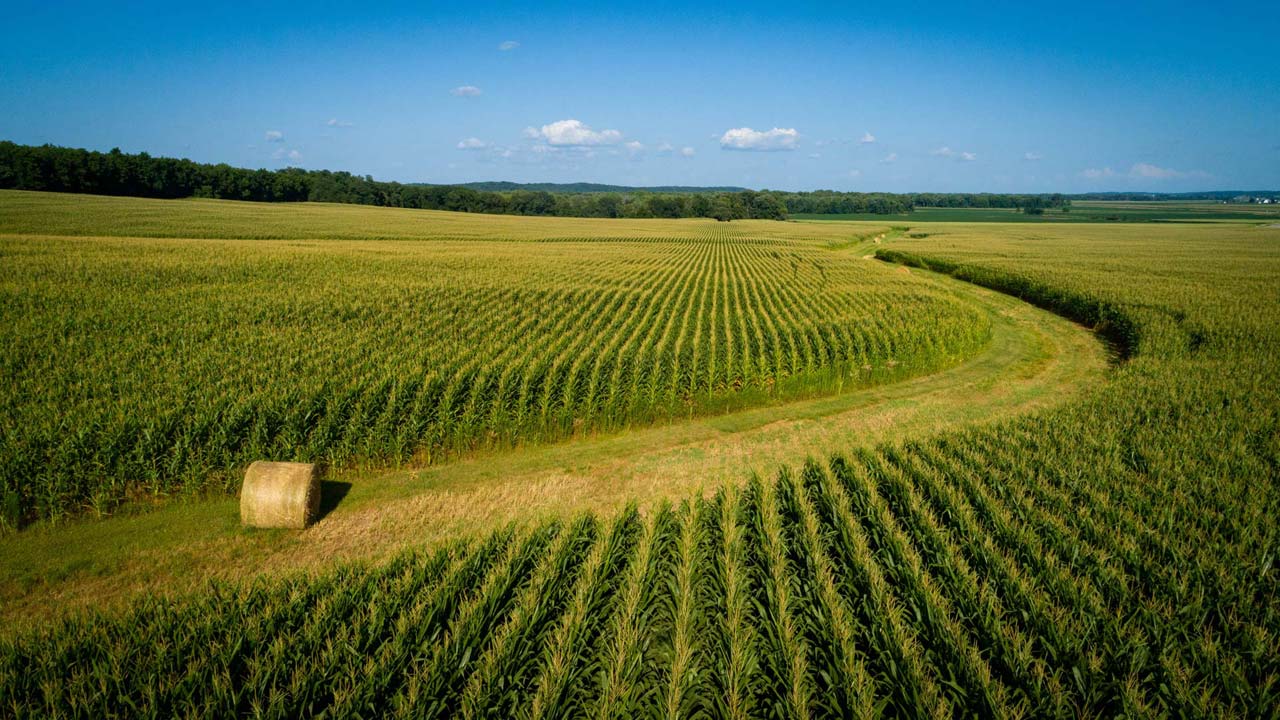2023 January Stewardship Advocate
The Growing Climate Solutions Act was recently passed into law as part of the Omnibus bill that has been signed by the President. It creates a program at USDA to help solve technical entry barriers to farmer and forest landowner participation in carbon credit markets. These issues – including access to reliable information about markets and access to qualified technical assistance providers and credit protocol verifiers – have limited both landowner participation and the adoption of practices to help reduce the costs of developing carbon credits. The bill directs USDA to conduct an assessment of existing agriculture carbon credit markets to create a record of data at USDA concerning the size of these markets, the demand for agriculture and forestry credits, barriers to producer entry, and the potential role of USDA programs to resolve these barriers to entry. Through this program, USDA will be able to provide transparency, legitimacy, and informal endorsement of third-party verifiers and technical service providers that help private landowners generate carbon credits through a variety of agriculture and forestry related practices.
Through the program, USDA will help connect landowners to the private sector who can assist landowners in implementing the protocols and monetizing the climate value of their sustainable practices. The USDA certification lowers barriers to entry in the credit markets by reducing confusion and improving information for farmers looking to implement practices that capture carbon, reduce emissions, improve soil health and make operations more sustainable.
Specific features of the Bill:
Purpose: 1) Facilitate participation of farmers in voluntary environmental credit markets; 2) facilitate technical assistance to farmers to remove barriers to participation; 3) assist entities in certifying under the Program; and 4) establish an Advisory Council to advise the Secretary within 90 days.
New Law Helps Farmers Earn Revenue For Climate Solutions
LATEST INFORMATION:
Signup for Crop Insurance Discount Program for Cover Crops Extended to Jan. 27
Opportunity exists in Iowa agriculture
USDA Invests Nearly $4.7 Million in Wetland Mitigation Banks
Farmers tap creativity to address big challenges facing Iowans, agriculture
UPCOMING EVENTS:
Jan. 25 – Iowa Learning Farms Conservation Webinar – Webinar
Jan. 26 – Conservation on Tap – Davenport
Jan. 31 – Creating Space for Pollinator and Beneficial Insect Habitat on Small Urban Farms – Webinar
Jan. 31 – Feb. 2 – Iowa Ag Expo – Sign-up or Renew Your Iowa Corn Growers Association Membership and Receive an Exclusive Iowa Corn Parts Bowl – Booth #852
Feb. 7 – Thinking Through Cover Crops: How to Set Goals, Design Optimal Seed Mixes and Minimize Costs – Webinar
Feb. 8 – Highlights from a Decade of INRC Research & Impacts: Saturated Buffers – Ames & Webinar
Feb.11 – What Are the Key Ingredients to Developing a Thriving Conservation Culture? – Clarion
Numerous Opportunities – Confinement Site Manure Applicator Certification
Numerous Opportunities – Private Pesticide Applicator Continuing Instruction Course
Numerous Opportunities – Commercial Ag Weed, Insect, and Plant Disease Management Continuing Instruction Course
FARMER TO FARMER VIDEO
Hear from Brad McDonald, with Continuum Ag, share about the benefits and challenges faced with the carbon market.
